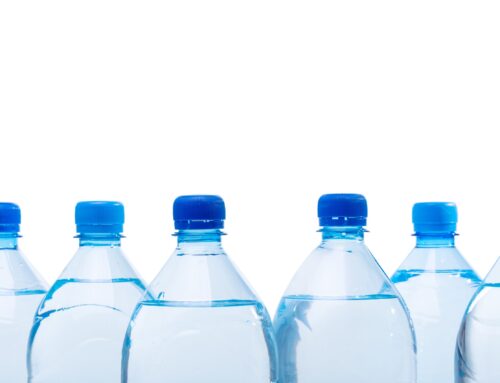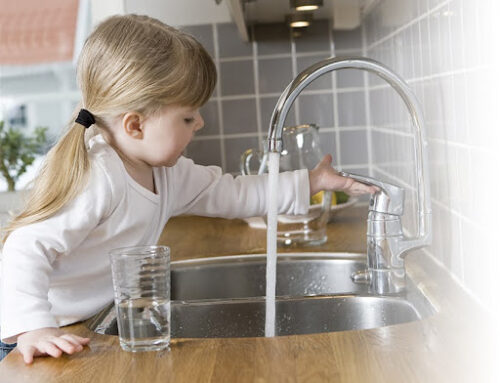Water filtration systems are devices that remove contaminants from water to make it safe and clean for drinking, cooking, bathing, and other purposes. Numerous varieties of water filtration systems can be found in the market, and each one comes with its own set of advantages and disadvantages. In this article, we will compare some of the most common water filtration systems and their pros and cons.
Reverse Osmosis (RO) Systems
This water filtration system uses a semi-permeable membrane to filter out dissolved solids, metals, bacteria, viruses, and other impurities from water. The water passes through the membrane under high pressure, leaving behind the contaminants. The purified water is then stored in a tank or delivered to a faucet.
Pros
- RO systems can remove up to 99% of contaminants from water, making it very pure and safe for drinking.
- RO systems can also reduce the hardness of water by removing minerals like calcium and magnesium, which can cause scaling and damage to pipes and appliances.
- RO systems are easy to maintain and have a long lifespan. The membrane only needs to be replaced every 2-3 years, depending on the water quality and usage.
Cons
- Reverse osmosis (RO) systems result in significant water wastage as part of the filtration procedure. For every gallon of purified water, 3-5 gallons of water are discarded as wastewater. This can increase the water bill and hurt the environment.
- RO systems can also remove some beneficial minerals from water, such as potassium, sodium, and fluoride, which are essential for human health. Some people may find the taste of RO water bland or acidic.
- RO systems are expensive to install and require electricity to operate. They also take up a lot of space under the sink or in a cabinet.
Activated Carbon Filtration Systems
Activated carbon filtration systems use activated carbon to remove impurities from water. The carbon attracts and absorbs contaminants such as chlorine, pesticides, and volatile organic compounds.
Pros:
- Effectively removes bad taste and odor from water
- Does not remove beneficial minerals from water
- Low cost and easy to install
Cons:
- Compared to alternative filtration systems, it is not as proficient in eliminating bacteria and viruses from the water.
- Requires frequent filter replacements to maintain effectiveness
- May not remove all contaminants, depending on the quality of the activated carbon used.
Ultraviolet (UV) Purifiers
Ultraviolet purifiers use ultraviolet light to disinfect water by killing bacteria, viruses, protozoa, and other microorganisms that can cause diseases. The water passes through a chamber where it is exposed to a UV lamp that emits UV-C rays. The UV rays damage the DNA and RNA of the microorganisms, preventing them from reproducing or infecting humans.
Pros
- UV purifiers can eliminate 99.99% of microorganisms from water without adding any chemicals or altering the taste or odor of water.
- UV purifiers are environmentally friendly and energy efficient. They do not produce any waste or by-products during the purification process. They also consume very little electricity compared to other filtration methods.
- UV purifiers are simple and reliable. These devices feature a small number of mobile components and necessitate minimal maintenance. The UV lamp only needs to be replaced once a year.
Cons
- UV purifiers cannot remove dissolved solids, metals, chemicals, or other non-living contaminants from water. They may need to be paired with other filtration methods for comprehensive purification.
- UV purifiers are ineffective if the water is cloudy or turbid because the UV rays cannot penetrate through the suspended particles. The water needs to be pre-filtered before entering the UV chamber.
- UV purifiers are expensive to install and require a constant power supply to operate. They also need to be protected from exposure to sunlight or high temperatures.
Ceramic Water Filters
Ceramic water filters use a porous ceramic material to filter impurities from water. The ceramic material has small pores that trap contaminants such as bacteria, protozoa, and cysts.
Pros:
- Highly effective in removing bacteria, protozoa, and cysts
- Long-lasting and durable
- Does not require electricity to operate
Cons:
- Less effective in removing chemicals and heavy metals compared to other filtration systems
- Requires frequent cleaning to maintain effectiveness
- May clog and require replacement if not maintained properly.
Distillation Filtration Systems
Distillation filtration systems heat water to create steam, which is then cooled and condensed back into water. It removes impurities and contaminants from water, leaving behind clean, pure water.
Pros:
- This water treatment method is exceptionally efficient at eliminating pollutants and undesired substances from water.
- Does not require electricity to operate
- Produces pure water with no impurities or contaminants
Cons:
- Slow process, which may not be practical for large quantities of water
- Removes beneficial minerals from water, which may affect the taste and quality of water
- Expensive to install and maintain.
Aon Water Technology offers a wide range of Kinetico water filtration in Huntsville, Alabama. They use innovative technology to remove the necessary contaminants and impurities from your water, leaving you with cleaner and better-tasting water. Plus, our water filtration systems are designed to be efficient and eco-friendly, so you can feel good about your impact on the environment.
Ready to experience the difference for yourself? Contact us today to get the perfect water filtration in Huntsville according to your needs!







